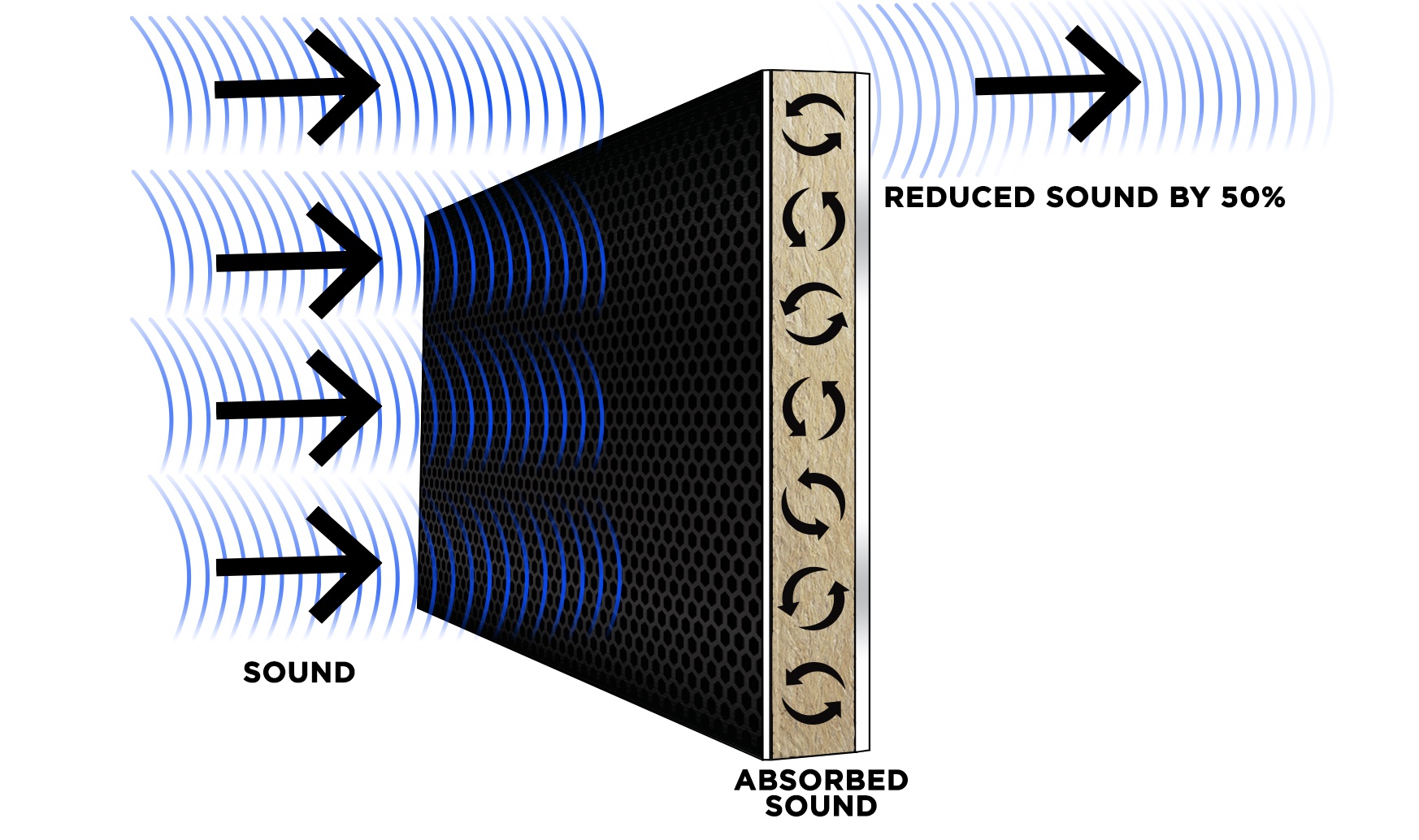Nashville Fairgrounds Speedway Proposal Takes On NASCAR’s Signature: Noise
Plan for renovation of vintage track deploys significant sound-reduction measures
Story Highlights
Although Nashville Superspeedway, in suburban Lebanon, TN, has been humming with NASCAR activity in recent months, a lot of noise of a different sort has been hovering over another auto-racing venue right in Music City.
The nascent renovation of the Nashville Fairgrounds Speedway has been a tug of war between various city groups for more than a year, and track noise has been a major bone of contention. Accordingly, Bristol Motor Speedway (BMS), as part of its bid to renovate and run the Nashville Fairgrounds Speedway, has made noise mitigation a central component of its proposal, backed by site evaluation and a corrective-measures plan by WJHW consultant Jack Wrightson.
In late 2021, the city announced a preliminary 30-year lease agreement with BMS to overhaul the Nashville Fairgrounds Speedway, the second-oldest continuously operating track in the U.S. and where NASCAR Grand National/Winston Cup races were held from 1958 to 1984. City leaders hope the agreement with BMS will lead to the return of a NASCAR Cup race to Nashville.
The proposition has run into several speed bumps, including the fact that the recently opened Nashville SC soccer stadium is part of the same Fairgrounds campus. The MLS club’s owner has expressed concern publicly about how an expanded racetrack would impact the campus and community. Cost is another issue: an estimated $100 million-plus (the number is a moving target, reaching as high as $160 million in some estimates) in a city also debating a new $2.1 billion NFL stadium.
A Boon for the Track and the Community
The issue of track noise gets increased attention because of its emotional aspect. The neighborhood around the Fairgrounds, Wedgewood-Houston, has gone from sketchy to affluent in a few years, with $1 million condos now common on the blocks around both venues.
In response, if the track deal is approved, BMS promises to construct a 20-ft.-high sound-barrier wall enclosing approximately two-thirds of the 5/8th-mile oval track that can both block and absorb noise, as opposed to deflecting the sound and reflecting it back to the source as traditional concrete barriers do. The wall is to be constructed from perforated and baffled aluminum panels that collect sound waves and diffuse them throughout the interior of the structure, which will be filled with sound-absorbing mineral wool or other materials. (WJHW’s noise-mitigation plan has not yet named who would build the barrier.)
“It’ll reduce the sound in this neighborhood and outside of it by 50%, our analysis shows,” Wrightson has been quoted as saying. “I think this is a great solution. It addresses those concerns from the neighborhood but still allows for this to be protected and preserved as it should be.”
BMS also announced further noise-reduction measures: restrictions on the total number of race days per year; track curfews for start and stop times; “strictly enforced” muffler regulations (for all races except for a bi-annual NASCAR Cup event), according to BMS spokesperson Joe Hall; and construction of a 30,000-seat grandstand and other buildings to replace existing structures, including a decaying 15,000-seat grandstand. The sound-baffling wall would encircle the entire track, except for portions occupied by the grandstand and other new structures, which will also be designed and constructed to serve as noise barriers. Also among improvements to the venue is an “enhanced infield.”
In public polling, the noise factor rates almost as high as costs. Hall acknowledges that muffler and other noise-mitigation efforts have not always been closely observed.
“They will be here,” he says, noting that the proposal’s noise-mitigation aspects will cost more than $20 million, as much as a fifth of the entire renovation budget. “There will also be thresholds [measured in A-weighted decibels] that have to be met and serious financial penalties if they’re not.”
A Different Type of Racing
The renovated Nashville Fairgrounds Speedway won’t compete with the Nashville Superspeedway, Hall says, but will complement it by bringing a different type of auto racing back to Nashville: “The Fairgrounds Speedway is built for short-track racing, an entirely different driver and spectator experience from a superspeedway. It’s classic NASCAR. The Nashville Fairgrounds Speedway is what Dale Earnhardt Jr. said would be the one event that would bring him out of retirement.”
The raceway’s future may not be decided before the city’s elections Aug. 3. The Metro Sports Authority, the body required to approve the bonds for a deal to refurbish the Speedway, indicated in mid July that the proposal is not guaranteed to make it through the authority’s board before the end of the Metro Council’s current term.

